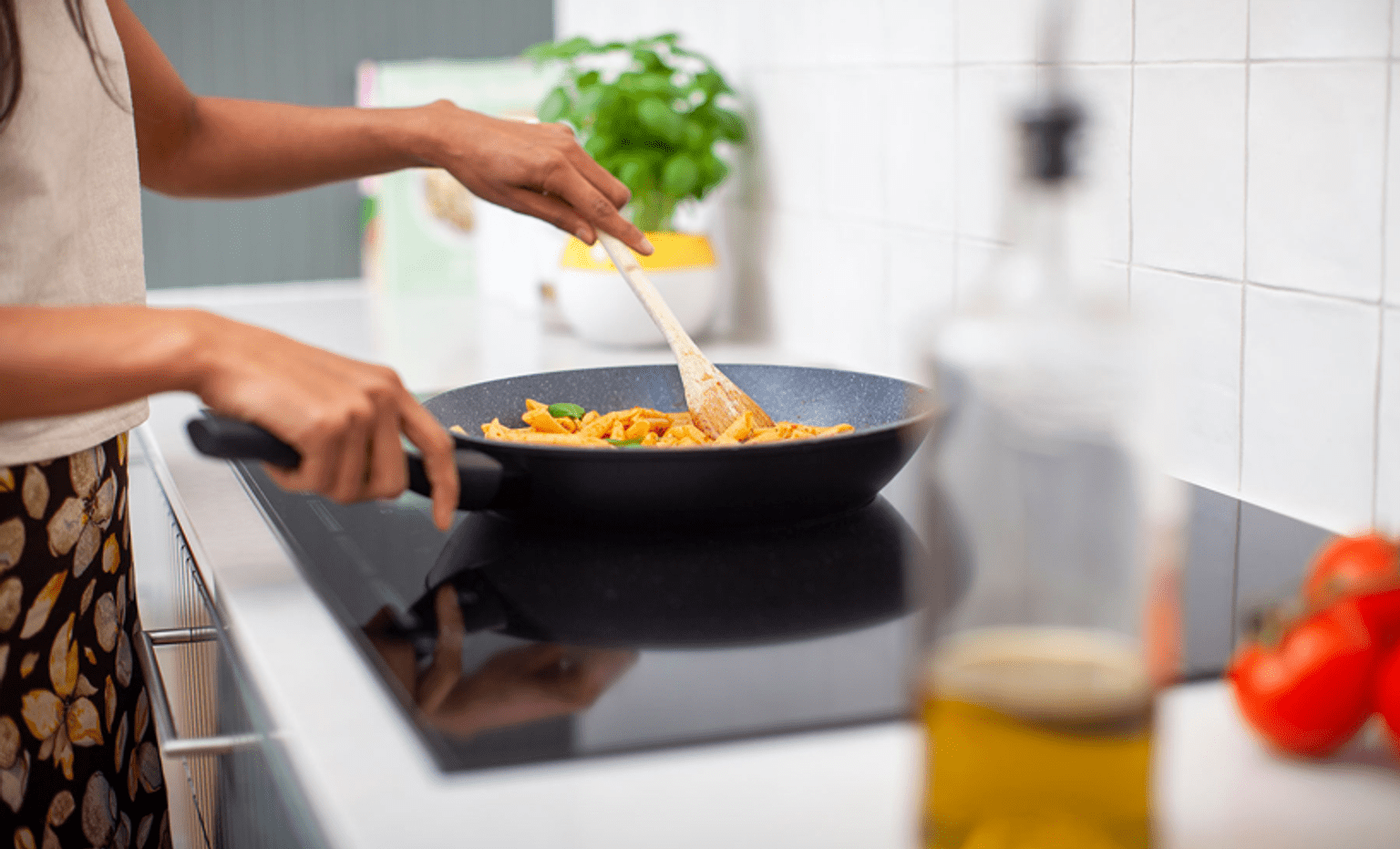Many kitchen professionals encounter a peculiar phenomenon when using cast iron cookware on induction cooktops: a mysterious buzzing noise. This sound often raises concern, prompting questions about its cause and whether it indicates a problem with the cookware or the cooktop. In this article, we will explore the reasons behind the cast iron buzzing noise on induction and provide informative insights into how to manage this occurrence.

What Causes the Buzzing Noise?
Induction cooktops work by using electromagnetic fields to generate heat directly in the cookware. When using cast iron cookware, the electromagnetic field can cause the pan to vibrate slightly, leading to a buzzing or humming noise. This is typically due to the magnetic properties of cast iron, which interacts with the cooktop’s magnetic field.
Why Does This Happen with Cast Iron?
The buzz is more common with cast iron due to its ferromagnetic nature. Unlike other materials, cast iron contains a high amount of iron, making it highly responsive to the magnetic fields generated by the induction cooktop. This interaction can create vibrations, resulting in the buzzing sound.
Is the Buzzing Noise Harmful?
For many, the immediate concern is whether this noise is indicative of a problem. In most cases, the buzzing noise is harmless and does not reflect any damage to the cookware or the cooktop. It is a natural consequence of the interaction between the cast iron and the induction cooktop’s electromagnetic field.
When Should You Be Concerned?
While the buzzing noise is generally not a cause for alarm, there are instances where it could indicate an issue. If the noise is excessively loud or is accompanied by other symptoms such as uneven heating or the cooktop shutting off, it may be worth consulting the manufacturer or a technician to ensure everything is functioning correctly.
How to Minimize the Buzzing Noise
Though the noise is typically not harmful, it can be distracting. Here are a few tips to help minimize the buzzing:
- Ensure proper contact: Make sure the cookware is making good contact with the cooktop surface. Uneven surfaces can exacerbate vibrations.
- Use thicker cookware: Heavier and thicker cast iron pans can reduce the intensity of the vibrations and, consequently, the noise.
- Check for damage: Inspect your cookware for any damages or warping that could increase vibrations.
Comparing Cast Iron with Other Cookware Materials
It’s worth noting that not all cookware materials produce the same level of noise on induction cooktops. For example, stainless steel and aluminum may not create the same buzzing effect due to their different magnetic properties. However, they might not offer the same heat retention and cooking benefits as cast iron.
Benefits of Using Cast Iron on Induction
Despite the potential for noise, cast iron remains a popular choice for use on induction cooktops due to its excellent heat retention and even cooking surface. To learn more about the benefits of using cast iron on induction, you can visit this informative guide.
The Science Behind Induction Cooking
Understanding the science of induction cooking can help demystify why certain noises occur. Induction cooktops use magnetic induction, a process where an alternating electric current passes through a coil beneath the cooktop surface to create a magnetic field. This field induces an electric current in the pot, generating heat. This method is highly efficient as it heats the cookware directly.
Role of Electromagnetic Fields
Electromagnetic fields play a crucial role in induction cooking. The interaction between the magnetic field and the ferromagnetic material of the cast iron cookware is what causes the noise. While this might seem concerning, it is a normal aspect of how induction cooktops function.

Frequently Asked Questions
Can all cast iron cookware be used on induction cooktops?
Yes, most cast iron cookware is compatible with induction cooktops due to its magnetic properties. However, it is essential to ensure the cookware has a flat base for optimal performance.
Is the buzzing noise exclusive to cast iron?
While more common in cast iron, other magnetic cookware can also produce similar noises on induction cooktops, although often at a lesser intensity.
How can I ensure my induction cooktop remains in good condition?
Regular maintenance and ensuring that your cookware is in good condition can help keep your induction cooktop in top shape. For tips on maintaining your cookware, you may find this maintenance guide helpful.
For further reading on the compatibility of cast iron with induction cooktops, check out Lodge Cast Iron’s insights on use with induction cooktops and Consumer Reports’ overview of induction cooktops.
This article contains affiliate links. We may earn a commission at no extra cost to you.

